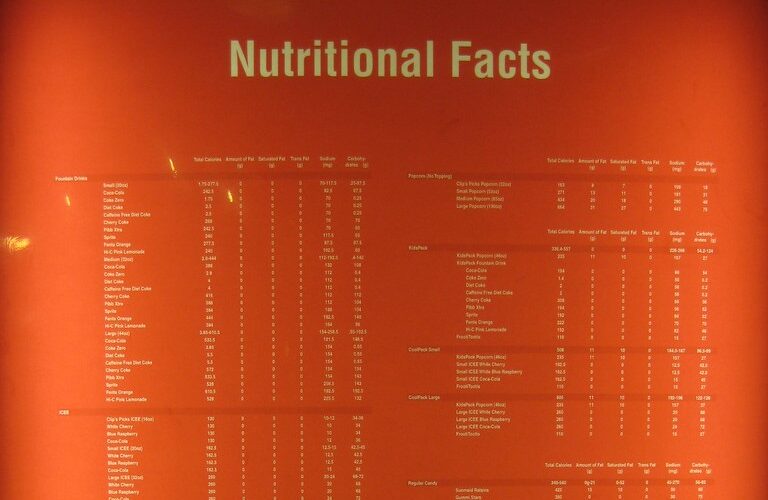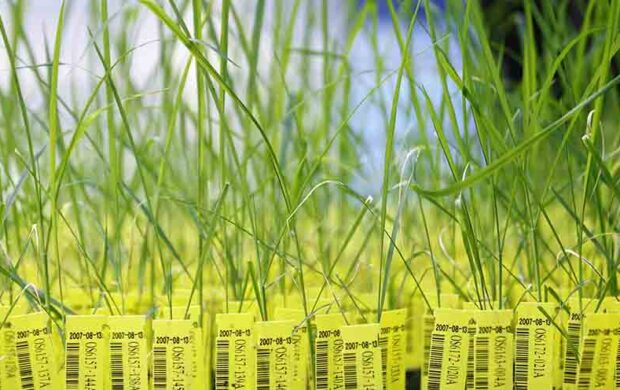A 2016 joint publication from the Food and Agriculture Organisation of the United Nations (FAO) and the Food Climate Research Network (FCRN), Plates, pyramids, planet, highlighted Germany, Brazil, Sweden and Qatar as countries whose official dietary guidelines include sustainability. The report also mentioned Australia and the US as countries where the inclusion of sustainability was discussed, and the Netherlands, Estonia, the UK, France and the Nordic Region (including Denmark, Finland, Iceland, Norway, Sweden, Greenland, the Faroe Islands and Åland) all have quasi-official guidelines that incorporate sustainability into dietary recommendations.

While national guidelines have typically focussed on sugar, salt and fat content of foods (think of the traffic light colour system applied to nutritional information on the front of most food packages), attention on sustainability has been lacking. Integrating sustainability within national dietary guidelines signals a growing awareness of how sustainability requires systemic action – and that includes the food we eat.










